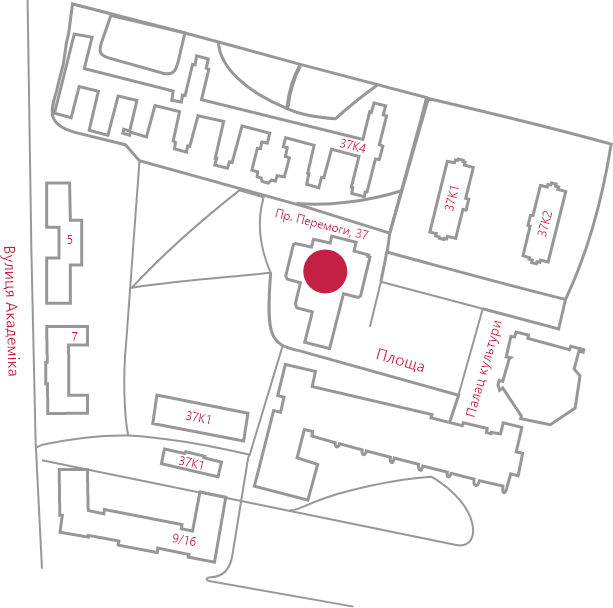How to create unique researcher’s identifiers in ORCID, Researcher ID, and Google Scholar
The rapid development of digital scientific content complicated the search and identification of the authors of particular research. Firstly, dozens of scientists around the world could have the same surname. Secondly, when the same surname is translated into different languages in various journals, different rules of transliteration may apply. At the same time, the development of international scientometric databases demands clear author identification. To address such issues, digital author identifiers are created. That allows associating authors with the results of their research activity. We suggest creating and updating your profile on popular services.
How to register Author profile in ORCHID: guidelines (in Ukrainian) ORCID is an open-source, non-profit project aimed at creating and maintaining a registry of unique researcher IDs. It provides a transparent and holistic way to present research results. ORCID allows for the following:
- Correct identification of a researcher
- Establishing connections with other unique author identifiers such as Scopus AuthorID and ResearcherID, among others
Safe and accurate linking of information about researchers with their complete, precise, and up-to-date scientific achievements..
ResearcherID is an international system for the personal identification of authors of scientific publications. It is used to identify authors in international databases, particularly in Web of Science. ResearcherID allows for the following:
- Creating a researcher profile and including different variations of name spelling in Latin characters
- Compiling a list of own publications,including those indexed in the Web of Science databases and those not indexed
- identifying individual scientometric indicators such as the citation index and Hirsch index)
- associating a researcher profile with their ORCID..
How to edit your Author’s profile in Scopus: guidelines (in Ukrainian)
AuthorID Scopus is an author’s profile in the Scopus database, which is automatically generated when even one article of the researcher appears in the database.
AuthorID Scopus allows you to:
- Edit the Author’s profile and link different variants of name and surname spelling in the Latin alphabet, choosing the preferred variant by the Author
- Edit the list of the author’s publications in Scopus (delete publications of other scientists and add those that are missed)
- Define your own scientometric indexes (citation index, h-index).
Google Scholar is a free-of-charge specialized search engine that allows finding bibliographic citations of your articles and automatically provides some of the scientometric indexes. At Igor Sikorsky KPI, there is a decree dated 23.03.2016 that guarantees the implementation of such services into the practice of the University lecturers and researchers.


